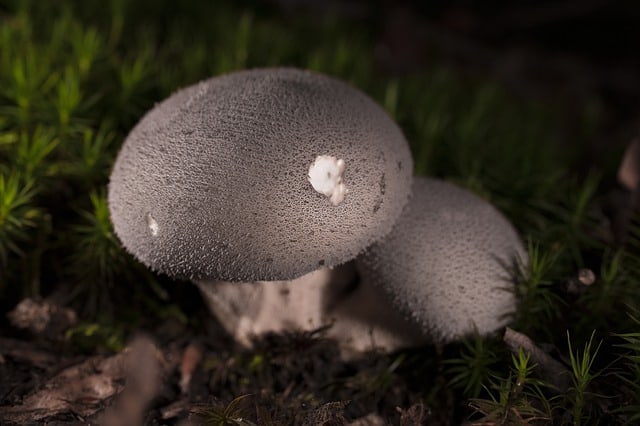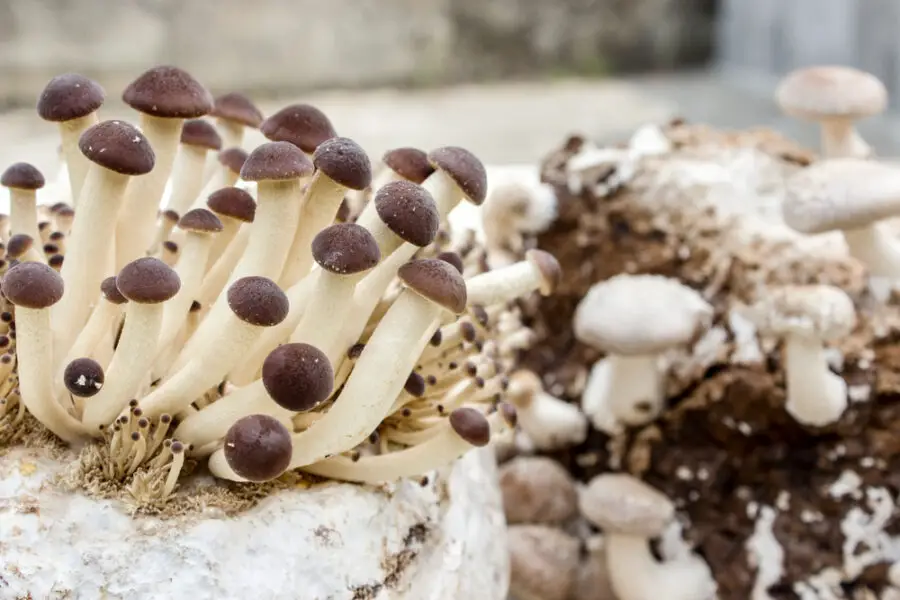Lion’s Mane, a fungus known to have a number of benefits and side effects, is completely legal in the United States. It is not psychoactive and will not get you high, and is therefore not considered a drug or illegal substance.
This is great, as it means you can take full advantage of the benefits of this wonderful fungus. There are a ton of different reasons to consume lion’s mane. Read on to find out all you need to know about buying and using Lion’s Mane.
Mushroom or Supplement
Lion’s mane can be consumed in a number of different ways to different effects. You can either eat the mushroom raw, or you can take a powder or supplement made from the mushroom to achieve the desired effects.
There are different reasons for each of these methods. Some prefer to cook and eat lion’s mane, some prefer to eat it raw, and some prefer to just take a supplement. This has to do with what effect you want to achieve, and whether or not you like the taste. Experiment and see which way works best for you!
Where to buy Lion’s Mane
Not only is Lion’s Mane legal, but it’s extremely easy to get your hands on. Usually, you can find it at most grocery stores or general stores. It can be found in both its natural form as a fungus or in a supplement or powder.
If you can’t find it at a local store, it’s also quite easy to purchase online. Be careful ordering online, however, because you won’t be able to see the product before you purchase. Make sure that you aren’t ordering from too far away, as the fungus can spoil before it arrives.
Where to find Lion’s Mane
Lion’s mane is a rather easy and practical fungus to forage. This is because there are no toxic look-alikes to lion’s mane, making it great for beginner foragers and experts alike. It’s easiest to find lion’s mane on or around dead and dying/decaying wood such as logs and trees. For the best results, look in the late summer and fall.
Benefits of Lion’s Mane
There are a number of health benefits that come with consuming lion’s mane. Lion’s mane can help with inflammation, as well as improve your heart health and cognitive function. It can also reduce the biological markers of conditions such as Alzheimer’s and other conditions that affect the brain. These benefits are most noticeable when you make a habit out of consuming lion’s mane regularly.
Side Effects of Lion’s Mane
There are very few long-term or short-term side effects to taking Lion’s mane. This is another reason it makes a great health supplement. However, everyone is different. If you do experience any kind of side effects such as mood changes, allergic reactions, or any other physical side effects, you should stop consuming lion’s mane and consult your doctor.
Is Lion’s Mane addictive?
Lion’s mane does not have an addictive quality to it. Consuming it daily is safe and you will not develop a dependence on it. Addiction is tricky, however, and there are documented cases of people getting addicted to almost anything. However, it is no more addictive than any other random food or supplement would be, so addiction isn’t something to worry about with this fungus.
Is it okay if Lion’s Mane is Pink?
Yes. Pink lion’s mane is just fine to consume. In fact, it is often the sign of a healthy fungus. The pink color can also be the result of a lion’s mane growing in a slightly cooler temperature.
Is it okay if Lion’s Mane is Yellow?
If your lion’s mane is yellow, it means it’s a bit more mature than a regular white lion’s mane or a lion’s mane of another color. These are still okay to eat, but they are closer to spoiling than a normally colored lion’s mane. You should avoid buying these in the grocery stores unless you intend to use them very quickly. The same applies to foraging.
How long does Lion’s Mane take to work?
Lion’s mane doesn’t have very many instant effects. To really see the physical and mental health benefits, you’ll need to take it consistently. You should see some results as far as cognitive function, reduced anxiety, heart health, and other benefits as soon as two weeks into daily supplements.
Does Lion’s Mane improve sleep?
Lion’s mane does not directly improve your ability to fall asleep or to stay asleep. However, it can reduce stress and anxiety, which can be major reasons that you are losing sleep or waking up in the middle of the night. In this way, lion’s mane can indirectly be a sleep aide, though it shouldn’t be relied on for this purpose.
Does Lion’s Mane reduce anxiety?
Lion’s mane is fantastic for reducing anxiety, as mentioned above. However, it should not be used as a cure for anxiety, especially with very serious anxiety that is better off treated with medicine. It can, however, relieve mild anxiety symptoms that many feel on a daily basis.
Can Lion’s Mane help combat depression?
Lion’s mane is also a good combatant to very mild depression. Much like with anxiety, it should not replace any sort of treatment or medicine for serious cases of diagnosed depression. However, mild depressive episodes can be helped with daily lion’s mane intake.
Can Lion’s Mane go bad?
Lion’s mane can go bad. Eventually, it will yellow and then brown, and become unsafe for consumption. This process usually takes 7-10 days for whole mushrooms, and 5-7 if sliced. Powders and supplements have different timetables for expiration, and will most likely have a date printed on the bottle.
Can you take Lion’s Mane on an empty stomach?
It is recommended you take lion’s mane after having eaten. The reason for this is that the mushroom will be much easier for your stomach to digest properly if there’s already some food in there to help absorb the fungus.
Hi, I’m John Stephens, chief editor and writer for Totalgardener.com. I’ve been gardening and raising animals for over 15 years starting with a small backyard plot in Northern Virginia where I grew corn, potatoes, squash, and using a high mulch technique called the Ruth Stout Method. I also raised ducks and small mammals for meat and eggs in a movable pen similar to the ones used by Joel Salatin. I later moved to Colorado where I experimented with growing greens using aquaponics inside. I eventually added a microgreens setup and home sprouting operation. I’m excited to share everything I’ve learned plus more from the other local gardening and animal raising experts I know.



